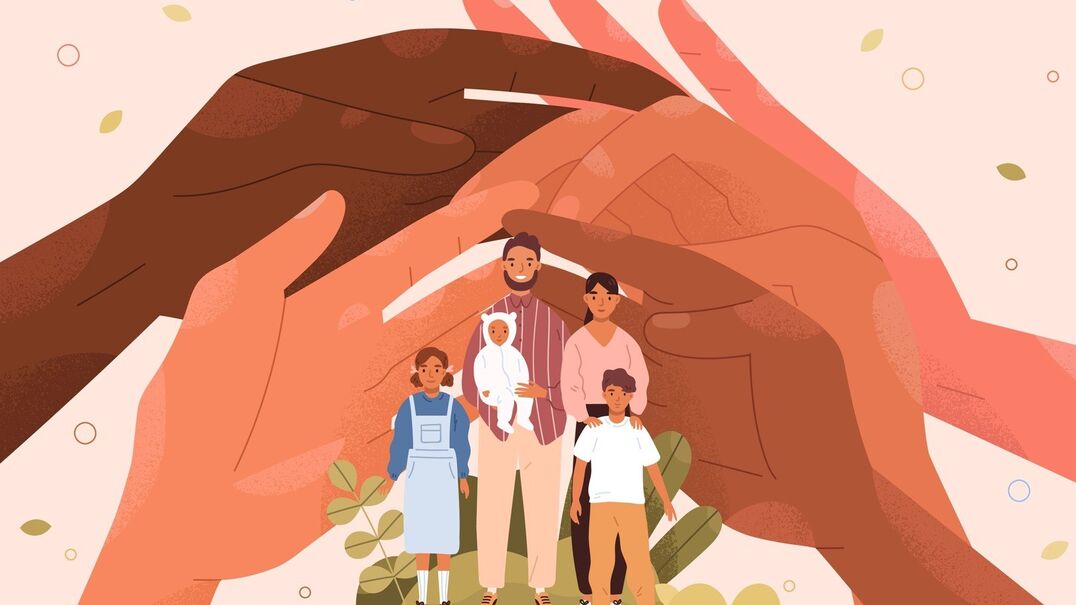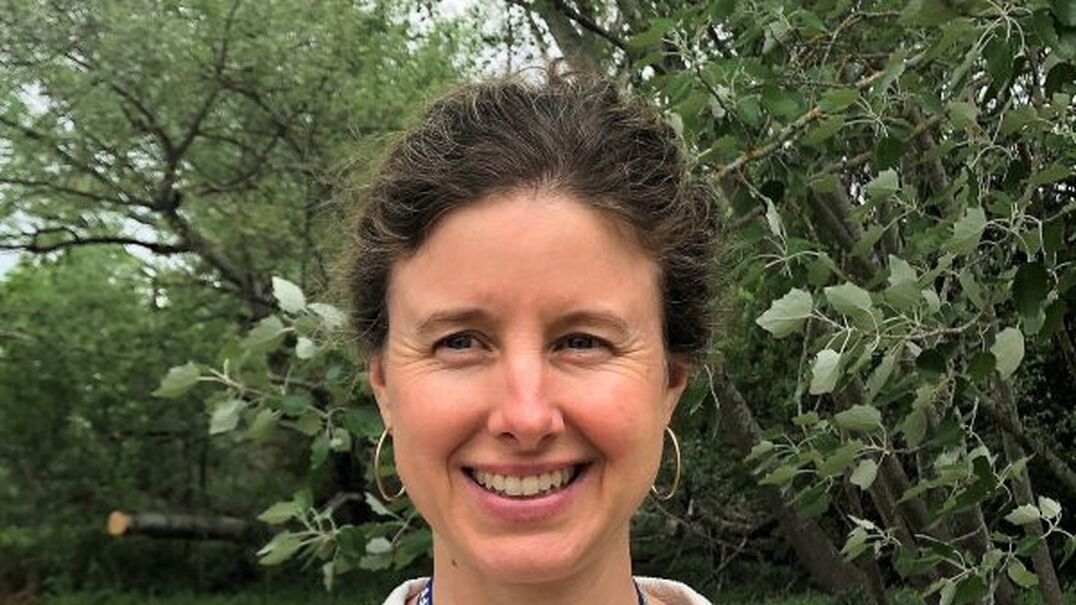These are challenging times. For some households, the changes COVID-19 is requiring are a struggle. Many families are spending much more time together. Tensions are probably high for lots of adults and children – both will be anxious as they navigate this new way of life.
Lots of people will be ‘losing their cool’ and becoming dysregulated. Parents and caregivers can see it in the child, it’s usually when a meltdown is imminent. Signs might include:
- a tired baby whose cries are getting more desperate
- a toddler who doesn’t want to share and starts stamping her feet and yelling ‘no!’
- a bored child who can’t stop deliberately provoking his little sister
- a sullen teen who immediately storms off and slams doors when told to do their homework.
These are typical responses for a child at that age and stage of development. Adults can help them learn to understand what they are feeling and why. Once children can recognise that they are tired, hungry, scared or frustrated, it’s much easier for them to articulate what they need from their caregivers and then learn how to react more calmly. We all continue to refine these skills throughout our lives.
However, for many children who have experienced significant adversity or developmental trauma, it’s a lot harder. Their bodies are already primed to react things they perceive as stressful so they can keep themselves safe. This can mean their fuse is shorter, the causes of distress are less obvious, the meltdowns are more dramatic, and the child is harder to calm down afterwards. This can also be the case when children are born with learning and thinking differences (known as neurodiversity) such as Autism Spectrum Disorder.
These children need extra help to learn how to understand what they are feeling, so they can regulate their bodies first, then their minds and increasingly learn how to control the way they react.
Toni Heron is an Occupational Therapist from Berry Street’s Take Two program. In this interview, Toni explains more about body regulation and why some children need extra help with sensory processing. She also discusses ways caregivers and parents can help children learn healthy ways to regulate their bodies.
Berry Street’s Take Two program is a Victoria-wide therapeutic service helping children overcome developmental trauma.
At Take Two we see who the child is, not just the behaviour. All babies, children and young people deserve to feel safe, loved and valued.
We use clinical frameworks, neurobiological research and evidence-informed approaches to repair family relationships and develop networks of caring adults that focus on what the child needs.
Take Two can provide specialist clinical consultancy services to other organisations. Contact us for more information.



